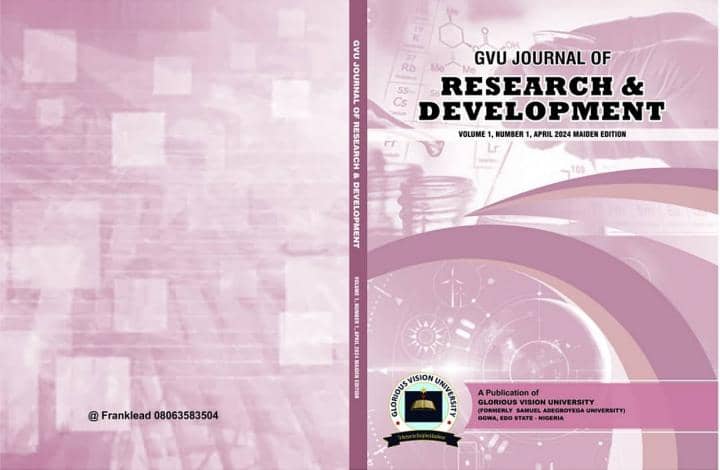Impact of Conflict Management on Sustainable Development
DOI:
https://doi.org/10.5281/zenodo.14034538Keywords:
Conflict, Development, Sustainable Development, Peace BuildingAbstract
This research examines the intersection of history, conflict management, and sustainable development. Conflict is inevitable in human society; however, focusing solely on conflicts without developing strategies and mechanisms for their management and resolution would be an unproductive intellectual exercise. It is important to note that conflicts are complex and non-scientific in their causes, escalation, or resolution patterns, meaning that management strategies may differ based on the perspectives and worldviews of the involved parties, as well as those of any third parties involved in dialogue, which ultimately contributes to sustainable development. Different people employ various strategies to resolve and manage diverse types of conflict. Often, individuals are unaware or uncertain of their actions during conflicts, relying on instinct. However, intellectuals and international organizations have proposed multiple strategies, which, being teachable, allow individuals to adopt more effective conflict resolution techniques. The researchers applied quantitative methods, using secondary data and grounding the study in relative deprivation theory. They recommended mediation, negotiation, and dialogue as key approaches to conflict resolution, which would foster sustainable development.



